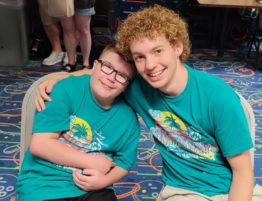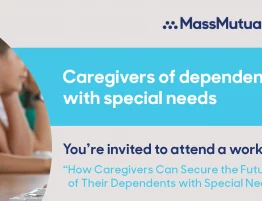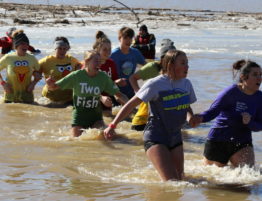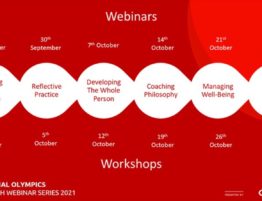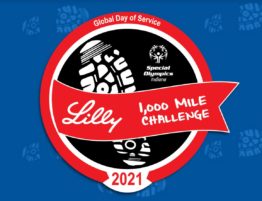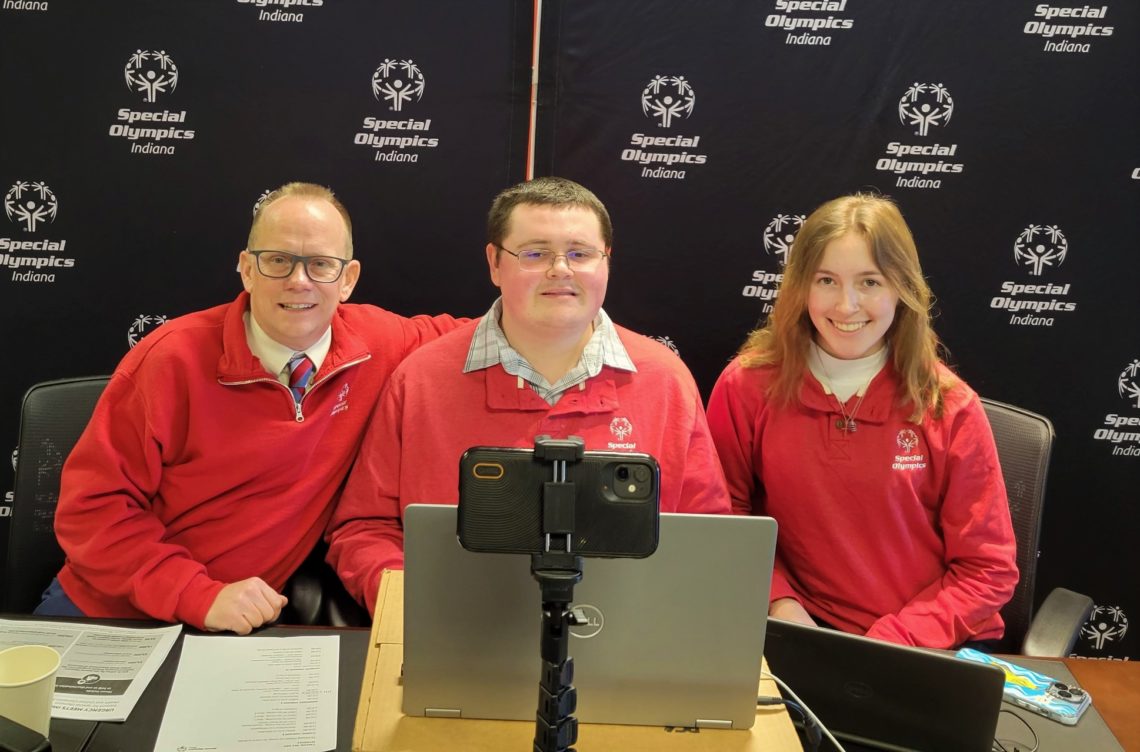
Special Olympics athletes, organization leaders, Unified Sports partners, family members, and supporters from across the United States engaged virtually on February 9 and 10 for Special Olympics’ annual “Capitol Hill Day.” This year Capitol Hill Day included over 400 delegates representing 47 states, and the District of Columbia. Indiana was represented by athlete Alex Kieffer and his sister, Abby, a senior at South Ripley High School, — who are set to compete in Unified Bowling at the 2022 Special Olympics USA Games this June and are outstanding advocates for Special Olympics in their local community and beyond. Additionally, supporters are rallying virtually to contact their Members of Congress through a VoterVoice campaign to ask for continued support of Special Olympics.

Special Olympics athletes led more than 250 virtual meetings with Members of Congress in both the House and Senate, inviting their elected officials to partner with them to support inclusive education and health initiatives for people with intellectual disabilities (ID). Special Olympics Unified Champion Schools programming is in nearly 7,500 schools across the United States, with a goal of being in over 10,000 schools by 2024. Special Olympics is also working towards ending health care disparities for Americans with ID. Under the current federal funding agreement that started in 2016, Special Olympics has reached more than 207,000 Special Olympics U.S. athletes with inclusive health programming, with a goal of reaching at least 500,000 by 2025. Typically, Special Olympics U.S. Programs travel to Washington, D.C. each February to meet with their state’s Members of Congress in person. However, due to COVID-19, all meetings will be held virtually for Capitol Hill Day 2022.

